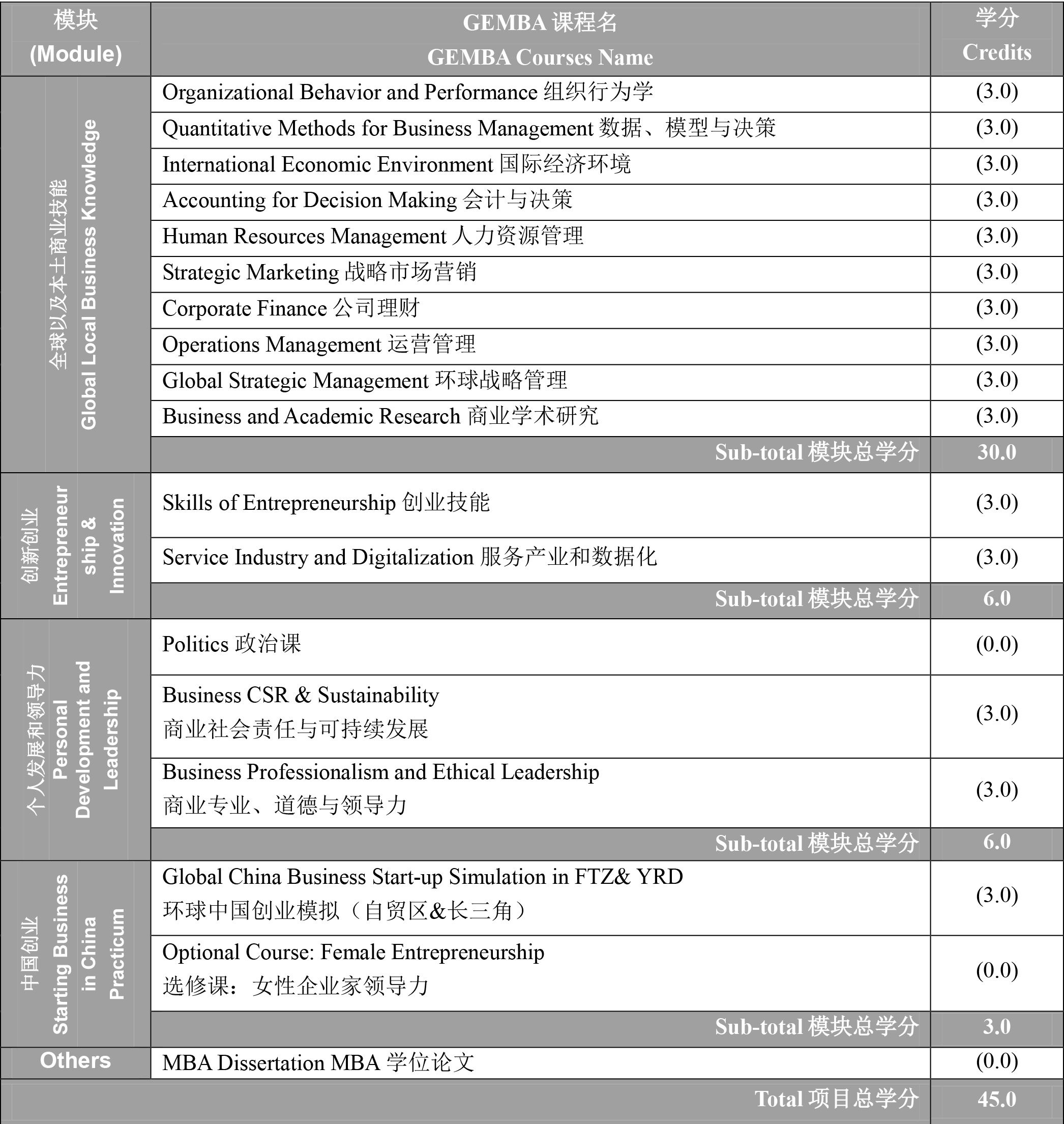- About Us
- Welcome Message
- » President
- » Graduate School
- » Management Committee
- » MBA Director
- » Organizational Structure
- SHU MBA Model
- » SHU MBA at a Glance
- » Mission / Vision
- » Uniqueness
- » ECO Compact
- » Yesterday,Today & Future
- » Ranking and Accreditation
- Videos@SHU MBA
- » About SHU MBA
- » About Program
- » About Life Experience
- » About Students
- » About Faculty

- Programs
- People
- Faculty
- » Overall
- » Chair Professor & High-end Experts
- » SHU Faculty
- » Dual Faculty
- » Partnered School Faculty
- » Adjunct Faculty
- » Guest Faculty
- » Other
- Student
- » Student Profile
- » Current Intake & Directory
- » What They Say
- » Beyond Classroom Experience
- » Good Learning@SHUMBA
- » Student Administration
- » Student Executives
- » Class Webs
- Life Experience
- Personal Development
Initiative - » Learning
- » Monday Coaching
- » Personal Development
Community Initiative - » Their Voices
- Career Development
Initiative - » Learning
- » Mentor-Mentee
- » Internship and
Placement - » Their Voices
- Global Mobility
Initiative - » Global Business Study Tour
- » China Business Study Tour
- » Further Global Study
- » Global Exchange (ISES)
- » International Curricula
- » Student Competition
- » Their Voices

- Personal Development
- NewsRoom
- Online
- Admission
- Non Degree Program
- » MBA Certificate
- » DBA Certificate
- » Business Certificate
- » Creating Business In China
- » China Study Tour
- Application
- » Events
- » Requirements
- » How to Apply
- » FAQ
- » Contact Us
- » Admission Results
- » Admission Application System
- Fees & Scholarship
- » Tuition Fees
- » Other Fees
- » Scholarship
- » Aids and Loan
- » FAQ












